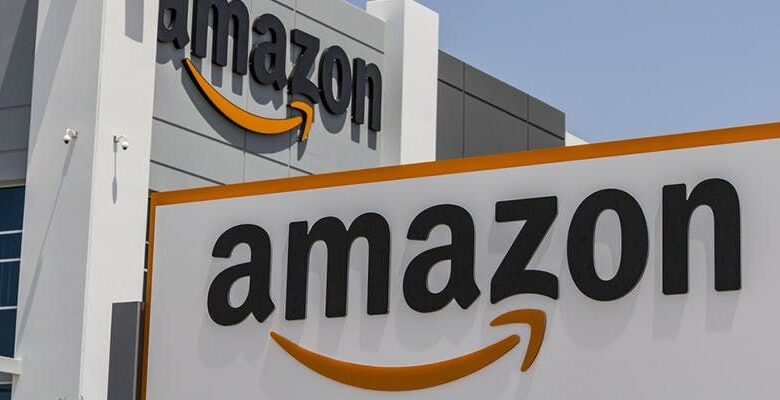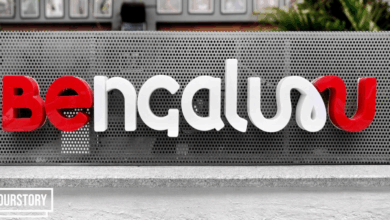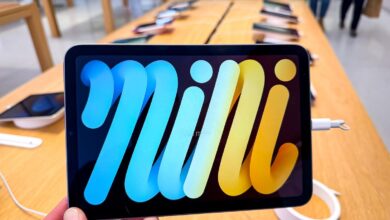Amazon enters quick commerce with ‘Amazon Now’ pilot in Bengaluru

Amazon India has quietly launched its quick commerce service, Amazon Now, in select Bengaluru neighborhoods, becoming the latest entrant in a highly competitive segment dominated by Blinkit, Zepto, and Swiggy Instamart.
“We are running our 10-minute delivery service Amazon Now in select pin codes in Bangalore and are super excited with the initial customer response and positive feedback, especially from Prime members,” an Amazon spokesperson said. “Through Amazon Now, we’re offering a curated selection of everyday essentials delivered within 10 minutes, addressing immediate customer needs while maintaining Amazon’s standards for quality and reliability. We will expand the service over the next few months.”
The service, available through a dedicated section on the Amazon app, currently operates in three Bengaluru pin codes and offers deliveries of groceries and daily essentials within 10 minutes. There is no delivery fee on orders above Rs 199. The development was first reported by The Economic Times.
Amazon is among the last major ecommerce companies to enter the quick commerce space, having previously adopted a cautious stance over concerns around profitability and logistical complexity. The current pilot signals a shift in strategy, as the company looks to test the unit economics of ultra-fast delivery using its existing infrastructure and logistics network.
With this move, Amazon joins a crowded field where rivals have already built dense networks of dark stores to meet growing consumer demand for rapid fulfillment. Flipkart is also piloting its own quick commerce platform, Flipkart Minutes. The company has also brought on board Kabeer Biswas, founder of early quick-commerce entrant Dunzo, to lead the vertical.
Amazon’s pilot was announced during the company’s annual Smbhav event in December 2024.
The quick commerce sector in India, once focused primarily on groceries and daily essentials, is rapidly diversifying. Platforms now deliver ready-to-eat meals, medicines, electronics accessories, and personal care products. Grocery remains the dominant category, but adjacent segments like snacks, personal care, and mobile accessories are gaining traction. Some platforms have even experimented with high-value items such as smartphones and home appliances.
Despite strong consumer adoption in metro areas, the sector continues to face structural challenges, including high operating costs and uncertain paths to profitability. Amazon’s entry is likely to intensify competition while also validating the long-term potential of the model.
Edited by Jyoti Narayan






